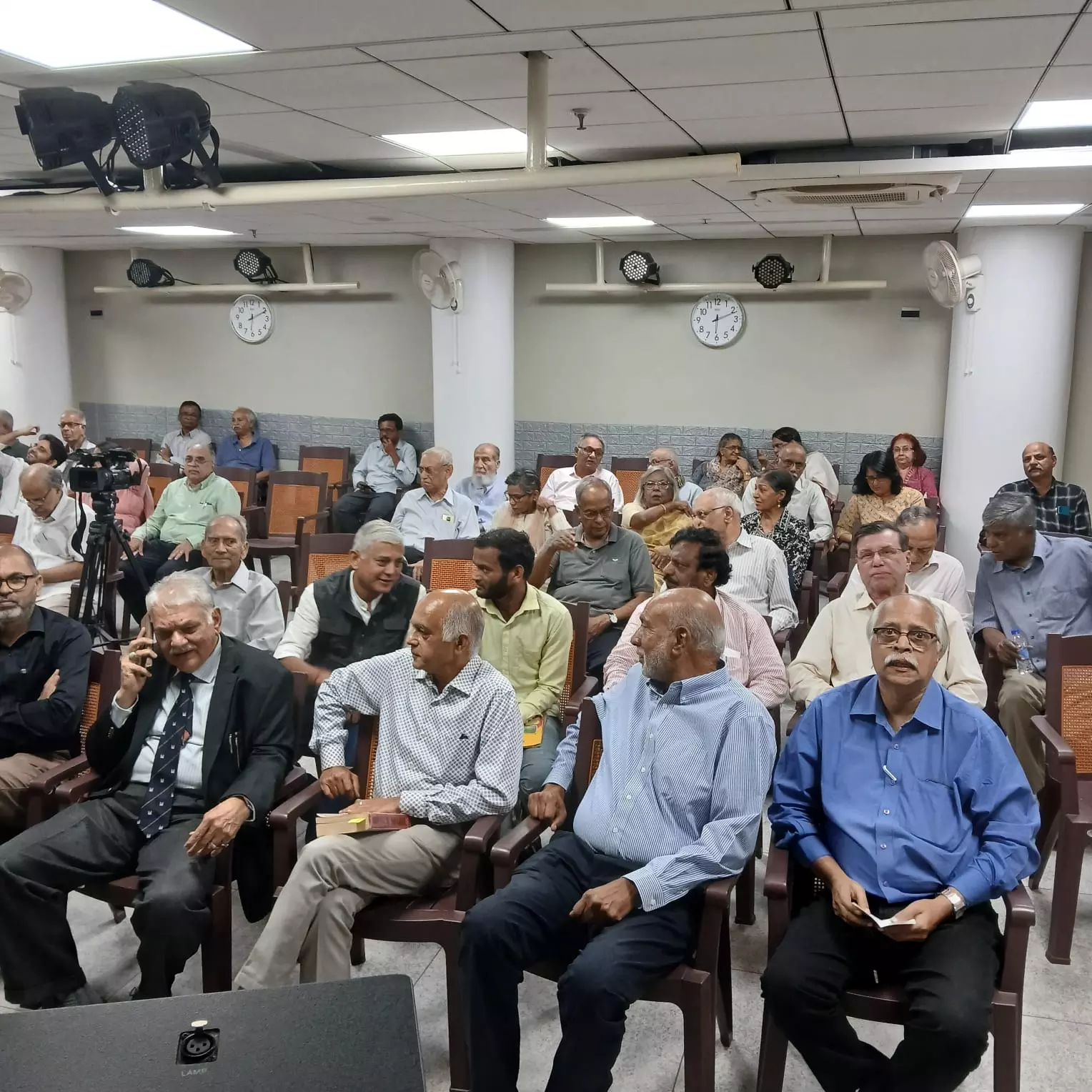Liberation or Integration? Debate Continues on Sept. 17

Hyderabad: Even over 75 years after Hyderabad State was merged with the Indian Union, there is unanimity among politicians over the apt nomenclature of the event. Some people call it liberation, while others prefer it to call it integration. And every year ahead of September 17, debates over this historical event hog headlines, without offering any consensus.
While a similar debate at the Guruswamy Centre in Secunderabad on Friday remained equally inconclusive over its labelling, all participants agreed that police action had turned inevitable and was in the nation’s interest.
Participating in a panel discussion titled "Hyderabad September 1948 — Integration or Liberation?", Air Vice Marshal Dr Arjun Subramaniam (retd), a renowned military historian and author, opened the discussion by recounting how the British chief of the Indian Army persuaded Prime Minister Jawaharlal Nehru to sign a standstill agreement with the Nizam, delaying military intervention.
Dr Subramaniam stressed that both Nehru and Sardar Patel initially aimed for a diplomatic solution, hoping to avoid violence. He explained that the operation was called 'Police Action' rather than a military operation to ensure India would not appear reckless on the international stage.
Moderating the discussion, Mohan Guruswamy, prominent analyst, argued that the events of 1948 should be seen as a liberation from feudalism rather than from Muslim rule.
According to Guruswamy, true liberation came in the form of democracy replacing feudalism. He cautioned that dwelling too much on the past could reignite divisions. He presented various facts illustrating the dominance of Muslim elites and the pervasive feudal structure during the Nizam's reign. Guruswamy also highlighted that the Nizam had aspirations of becoming a Caliph, particularly after the collapse of the Ottoman Empire in Turkey.
Adding another dimension to the discussion, historian and University of Hyderabad professor Bhangya Bhukya identified several key players — Kasim Razvi, Mohammed Ali Jinnah, Sardar Patel, and K.M. Munshi — as responsible for Police Action. Bhukya contended that Nehru had been opposed to this course of action.
The event featured a rare recorded interview with R. Surender Reddy, a former four-time MP and MLA from the Congress (I), who provided an eyewitness account of the events of September 1948. Reddy, now 92 and a former student of Nizam College, shared his memories of that tumultuous period. Notably, his son, R. Raghuram Reddy, was recently elected as the Congress MP from Khammam earlier this year.
Journalist and author Syed Inam ur Rahman (Ghayur) presented a different perspective, stating that landowners, both Hindu and Muslim, were under pressure from external forces. He pointed out that the Razakars played a role in protecting these landlords, while organisations like the Arya Pratinidhi Sabha had already begun preparing for change long before the Police Action.

